Valeria Saiu, Università degli Studi di Cagliari, Stefano Stanghellini, URBIT
Exploring the challenges and potential of sustainability and innovation, a complex landscape of opportunities and contradictions in urban and territorial dynamics emerges. Various initiatives and policies address urban complexity, seeking solutions that balance economic growth with social inclusion and environmental protection. However, contradictions emerge in pursuing these objectives, such as the accentuation of inequalities in some contexts or the challenge of actively involving local communities. Addressing these dynamics requires an integrated and participatory approach, where research and innovation play a key role in shaping a more equitable and sustainable future for all.
The seventh edition of the conference invites young researchers to present innovative contributions that explore how new policies and technological tools can address environmental emergencies and growing urban and territorial inequalities. The main focus of the conference is to examine how innovation declined at various levels – political, procedural, instrumental – can reduce or exacerbate inequalities, becoming a tool for local competitiveness and sustainable development. Particular attention will be given to research that proposes the analysis of concrete case studies in order to favour the comparison of different approaches and experiences.
Topics of interest include:
- Inequality Analysis: Exploration of inequalities in access to services and resources, with a focus on future policies for spatial and social equity.
- Housing Policies and New Poverty: Critical analysis of housing policies in relation to the growing demand for access to housing by the most fragile populations and others.
- Tourism and Territorial Impact: Evaluation of the effects of tourism on urban and rural territories, with a focus on socio-economic and environmental consequences.
- Innovation and Regenerative Models: Exploration of the interaction between innovation, spatial transformations and social impacts, with a focus on ecosystem multifunctionality and urban and spatial regeneration to address spatial challenges and socio-cultural transformations.
- Evaluation of Urban Operational Programmes: Study of the effects of operational programmes on cities, such as Pinqua and Pnrr, and their impact on urban inequalities.
- Urban and Territorial Agendas: Discussion on the opportunities to integrate experiences of sharing and caring for common goods, such as river, lake, coast and landscape pacts, and energy communities, to promote sustainable practices and social inclusion.
PROGRAM FIRST PART
11:45 – 12:00 Introduction
Initial greetings
Stefano Stanghellini, President of the Technical and Scientific Committee of Urbanpromo
Marta Bottero, SIEV Full Member, Editor of the magazine “Values and Valuations”
Michele Talia, President of the National Institute of Urban Planning (INU)
Conference presentation
Maurizio Errigo, Valeria Saiu, Giorgia Tucci, Scientific Coordination UPhD Green
Marco Rossitti, Giada Limongi, Maria Somma, UPhD Green Organising Committee
12:00 – 13:00
OPEN TABLE 1 – SOCIAL FOCUS
“For an adaptation of the Local Urban Plan to EU funding in combating urban socio-spatial and economic inequalities. Theoretical-methodological references and operational approaches”.
Dalila Riglietti, ‘La Sapienza’ University of Rome
“Assessing the Social Impact in Urban Regeneration Projects: A Systematic Literature Review”.
Eleonora Righetto, University of Padua
“Participation as a tool for shared urban choices”
Chiara Maresca, University of Genoa
“Rethinking the priorities of housing policy programmes in Italy: participatory solutions for overcoming inequalities”.
Margherita Meta, University of Rome “La Sapienza”
“Inclusive housing policies and urban regeneration: the role of Civic Actors”.
Daniele Mazzoni, University of Roma TRE
“Sport as a form of social inclusion. New ways of intervention for the recovery and valorisation of sports facilities in Italy”.
Ilva Hoxhaj, “La Sapienza” University of Rome
“Practices of urban space use: for (and with) the Deaf Community”.
Marina Fanari, University of Cagliari
Discussants
Nicola Canessa, Professor of Urban Planning, University of Genoa
Maria Cerreta, Professor of Estimate and Evaluation, University of Naples “Federico II”
13:00 – 14:00
OPEN TABLE 2 – FOCUS PERIPHERIES/INNER AREAS
“Sustainable Development of Peri-Urban Areas. An evaluation model for the sustainable planning of peri-urban landscapes”.
Nicola Fierro, University of Naples “Federico II”
“Overcoming socio-spatial imbalances: involving small and medium-sized cities in regional governance through urban regeneration and social reactivation projects”.
Valeria Francioli, University of Florence
“Spatial equity of access to services in small and medium-sized towns”.
Gaetano Tucci, University of Calabria
“Tourism as a lever of sustainable development for inland areas: a relaunching opportunity for Reventino-Savuto”.
Sara Virgilio, University of Calabria
“Antifragility principles as a guide for heritage management: the case of cultural landscapes”.
Maria Carla Saliu, University of Cagliari
“Sicilian Smart-land and heritage territory. Landscape restoration and sustainable territorial development for cultural itineraries: between rural sociology, architecture and biodiversity. The case of the province of Enna and the Domitian coastline in Campania”.
Federica Barbarino, University of Enna Kore
Giorgia Strano, “La Sapienza” University of Rome
“Gender planning in rural areas”
Alessia Bertuca, University of Bologna
Discussants
Emanuele Sommariva, Professor of Urban Planning, University of Genoa
Francesca Torrieri, Professor of Estimate and Evaluation, Politecnico di Milano
Italiano

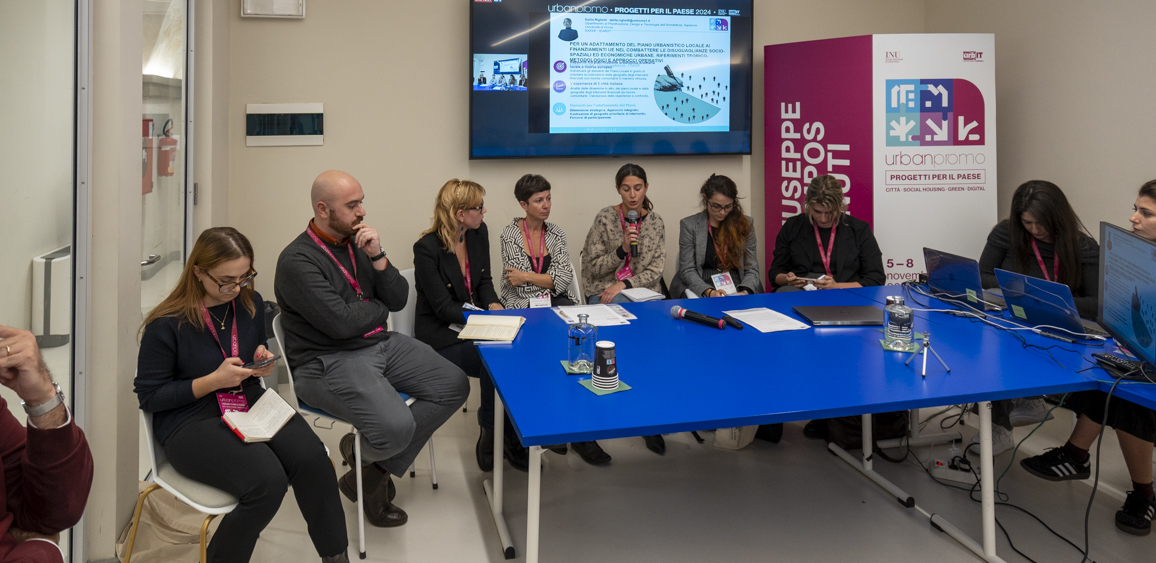
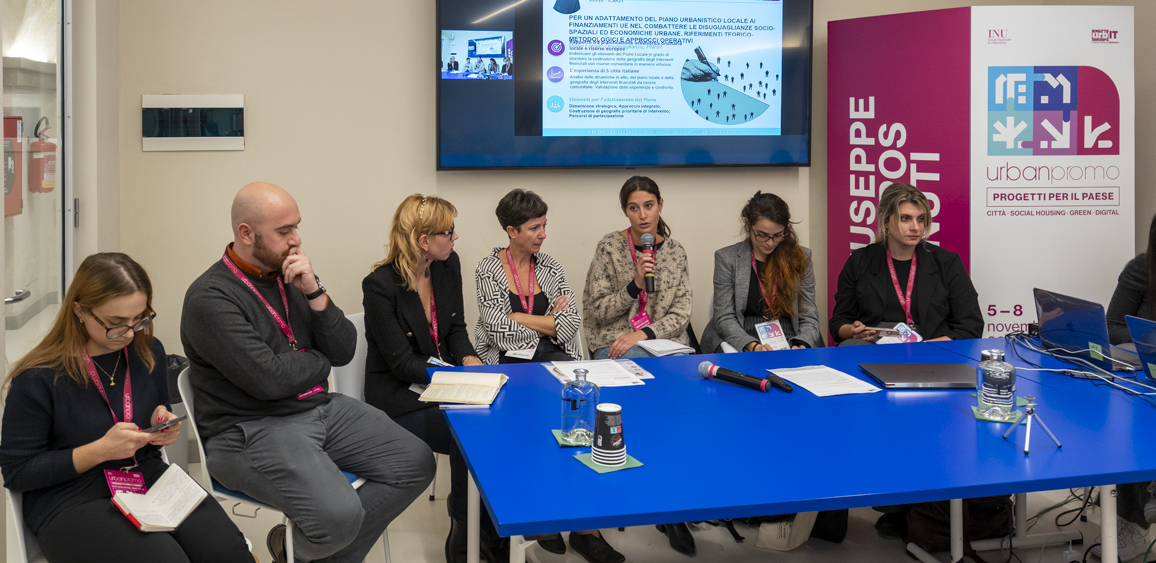
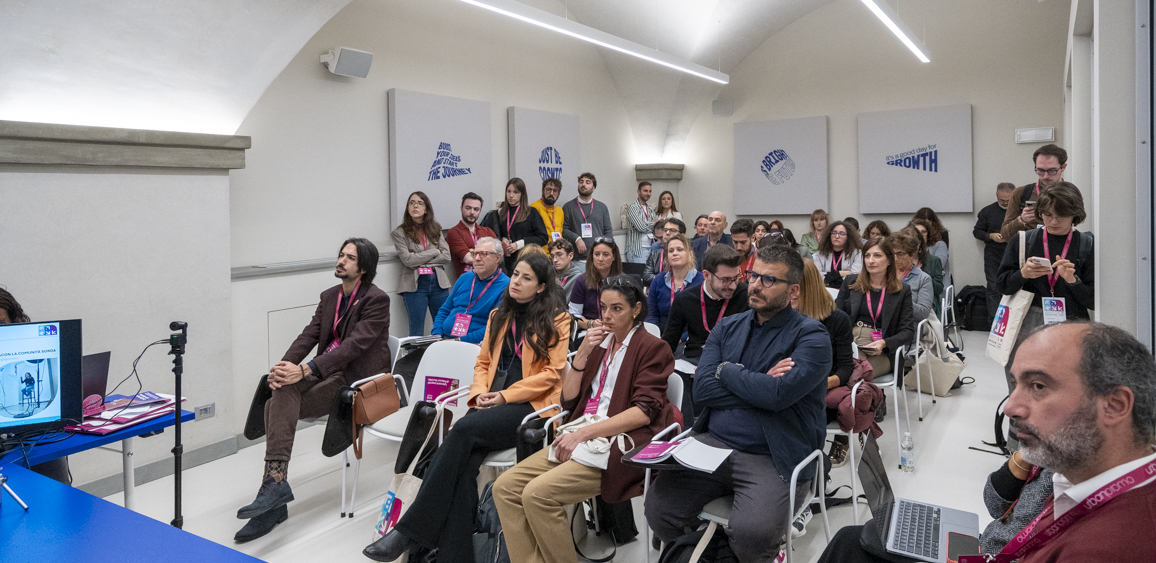

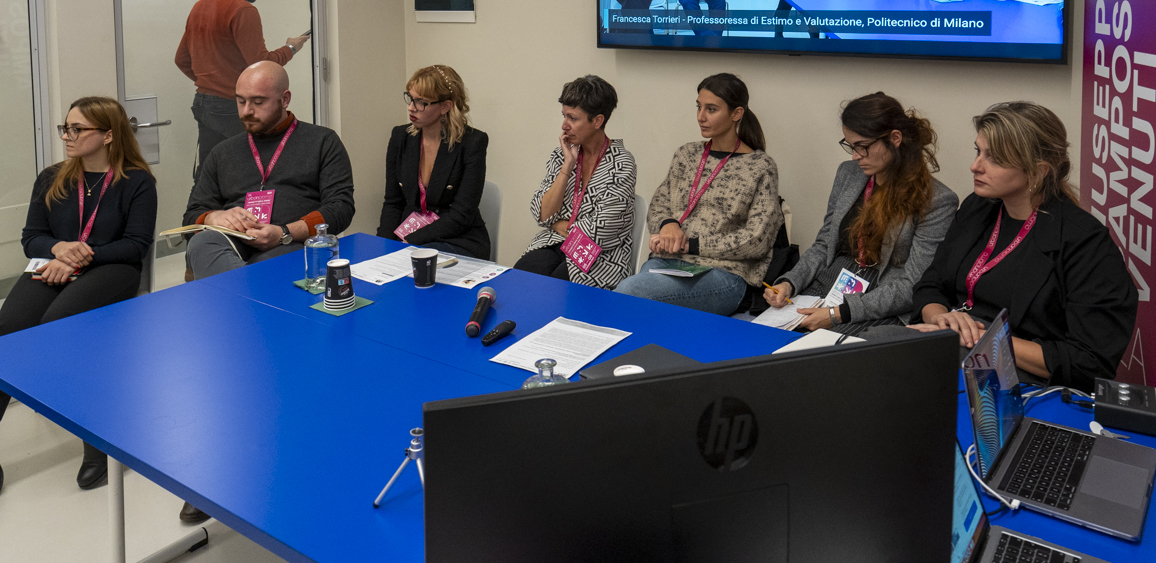
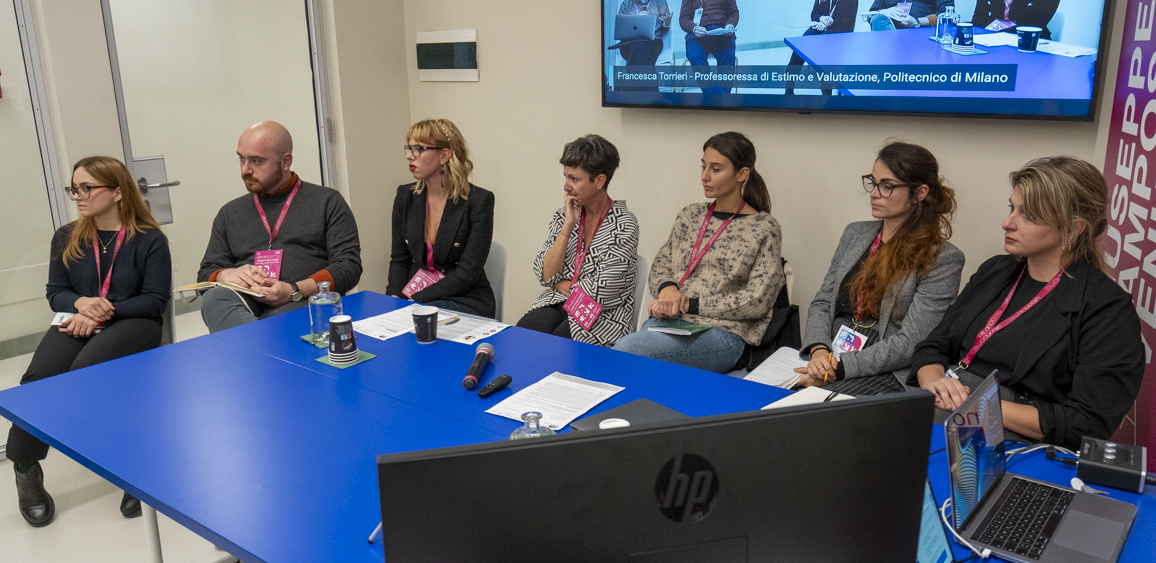
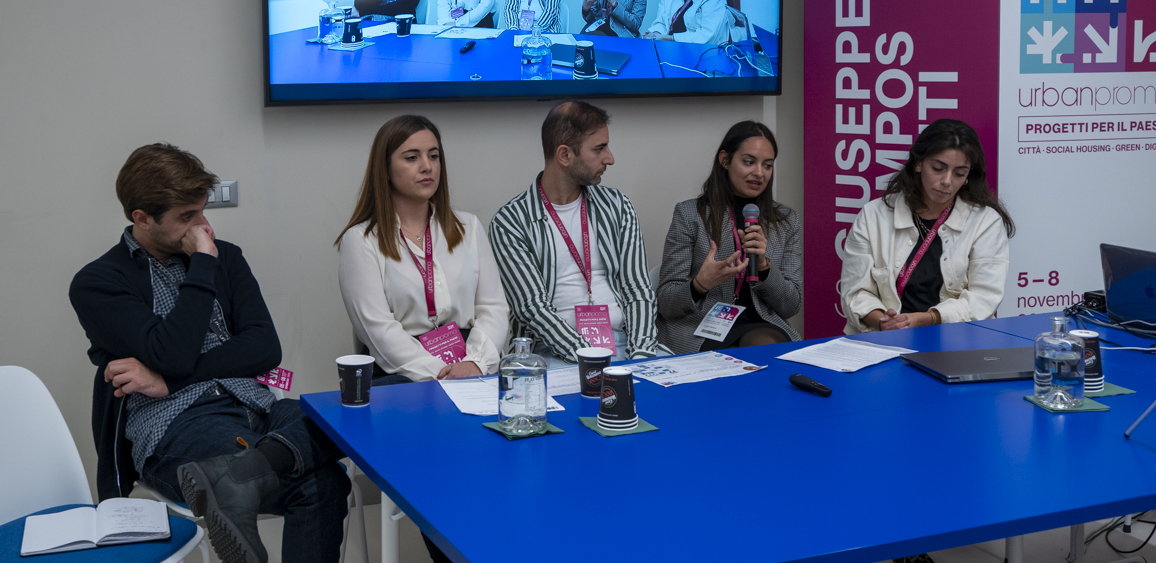

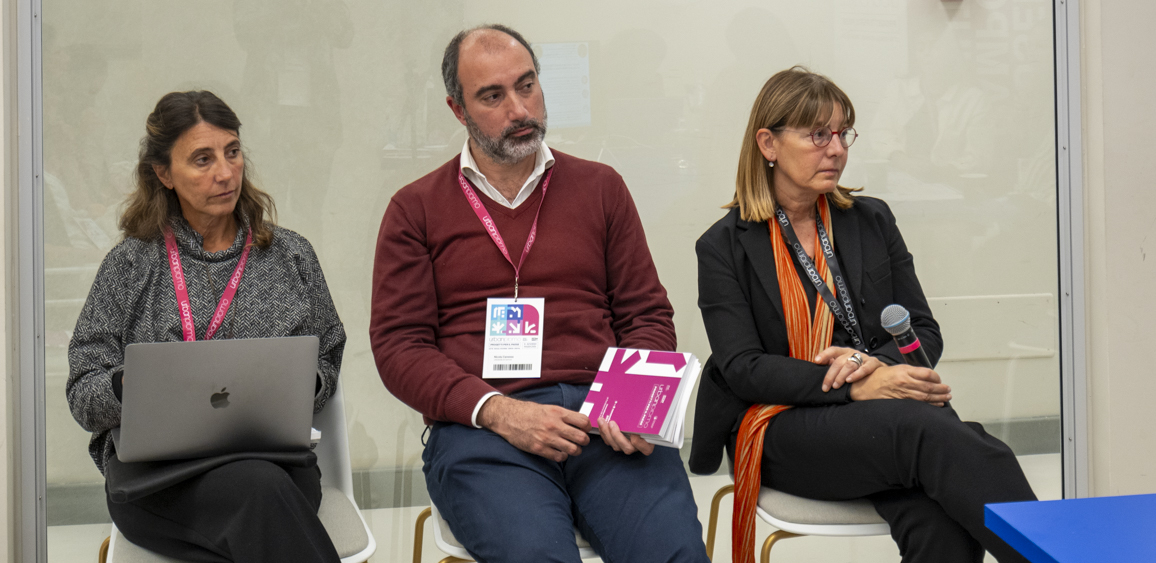
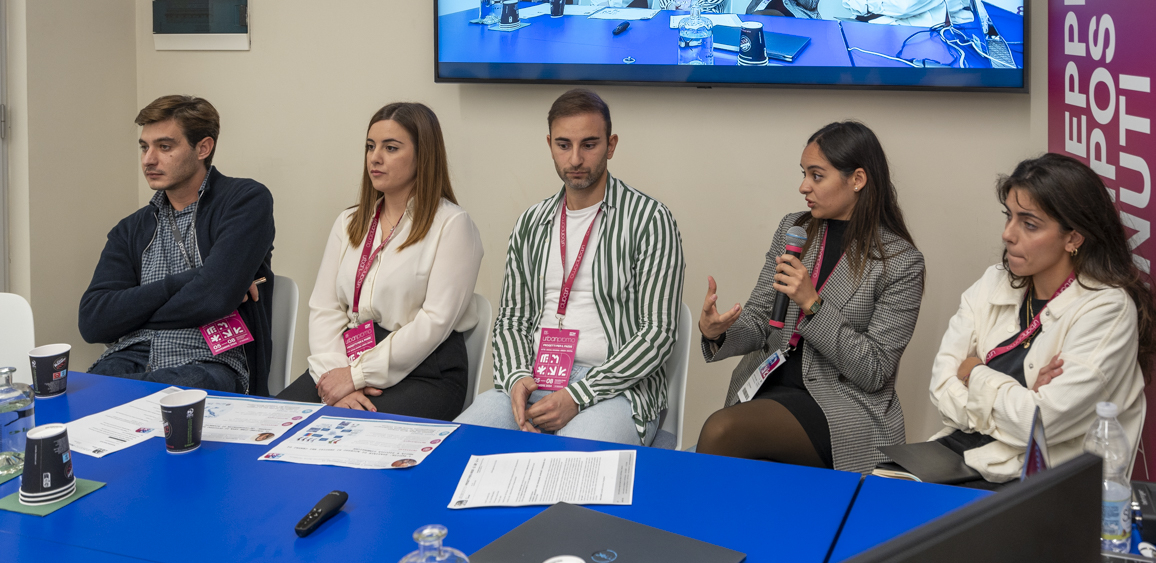
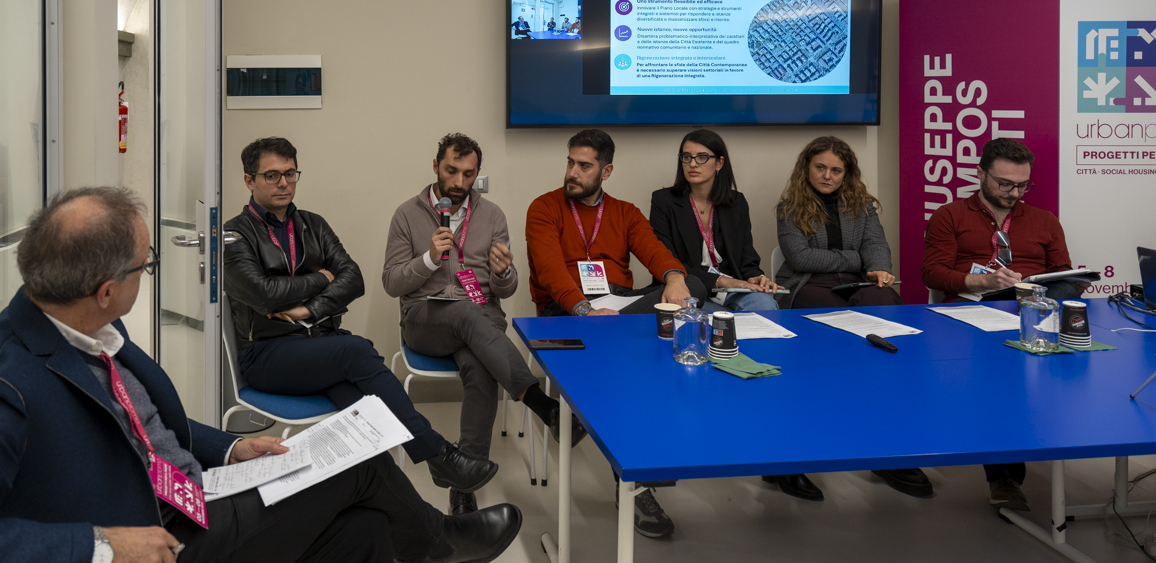

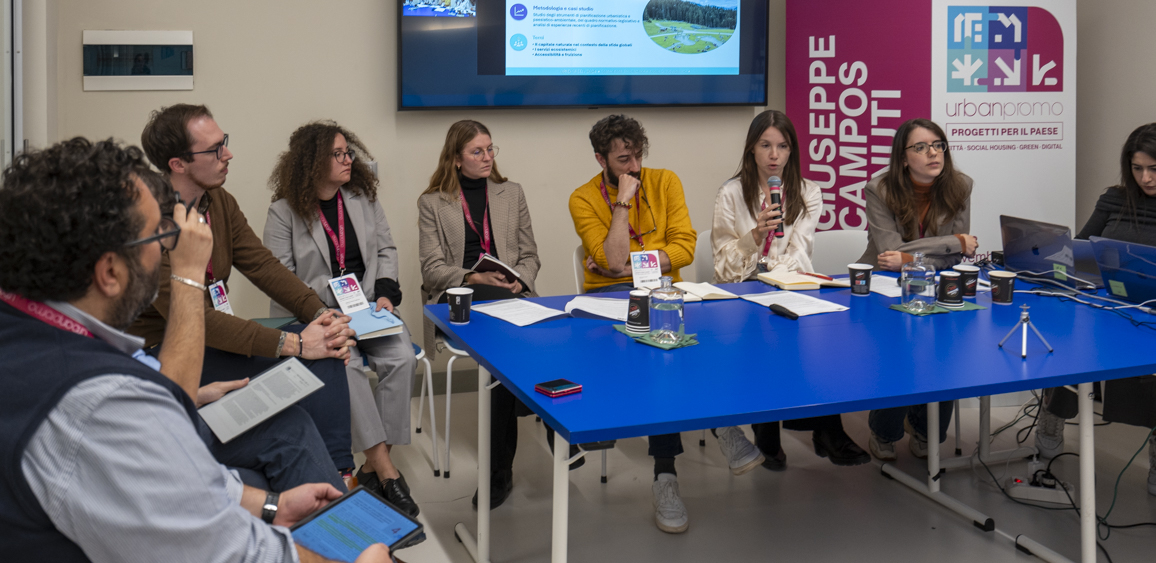
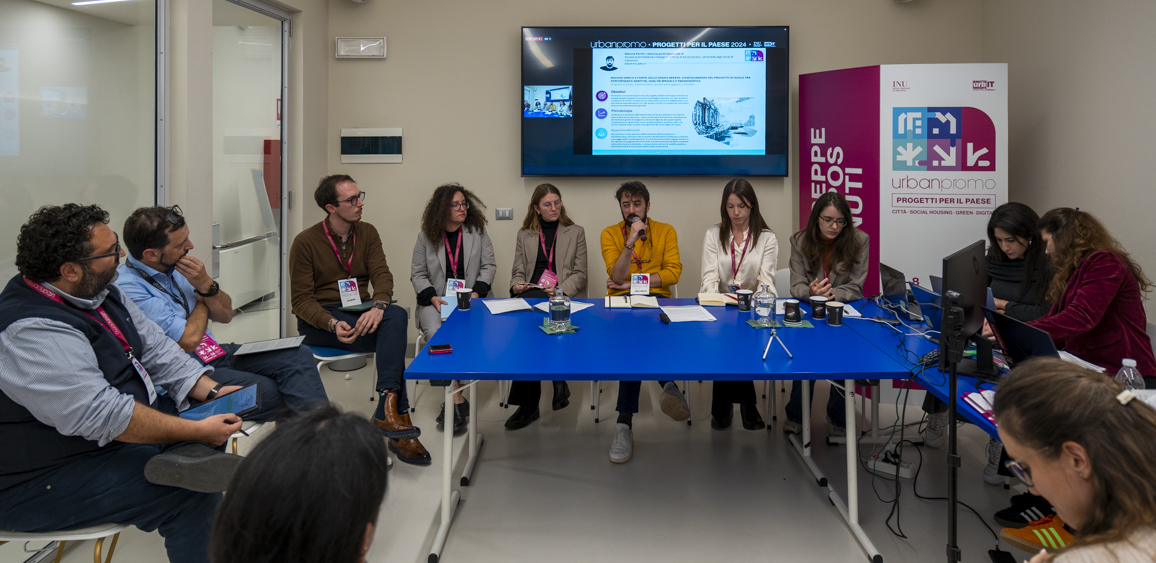
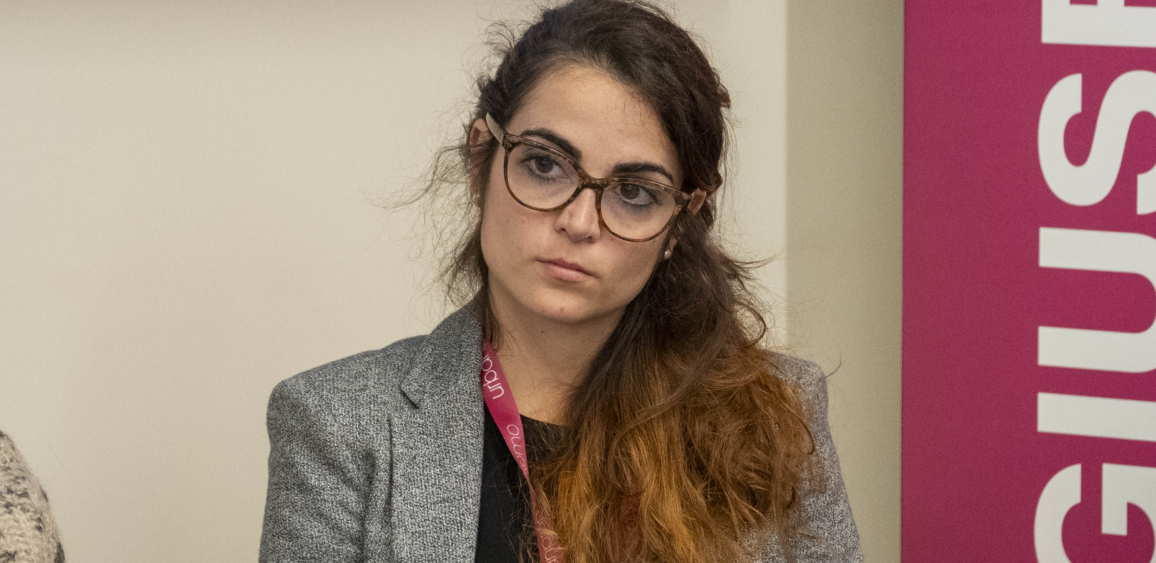
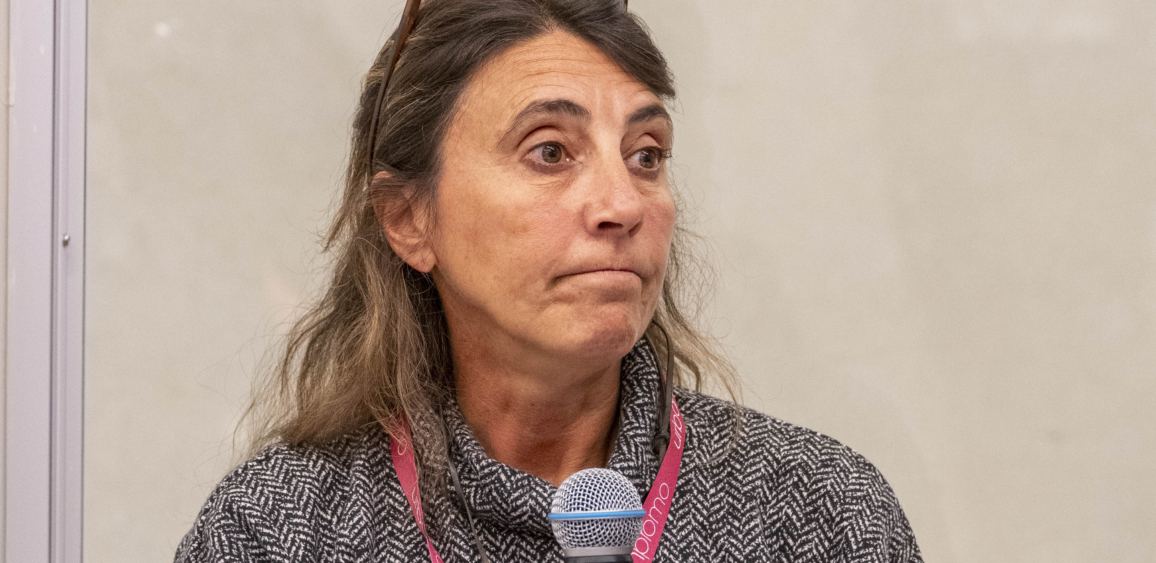
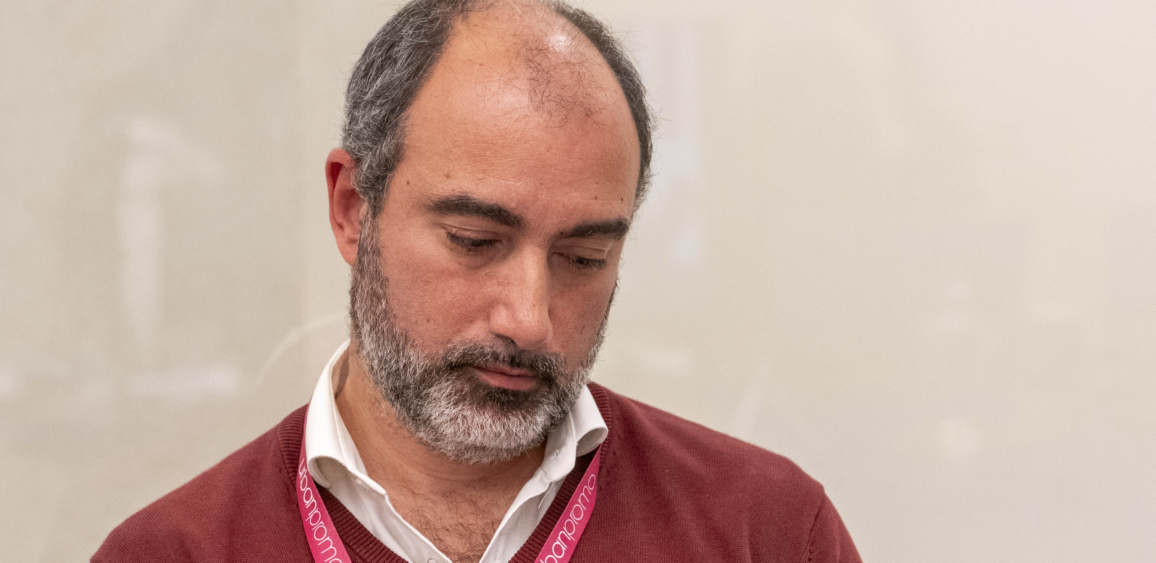
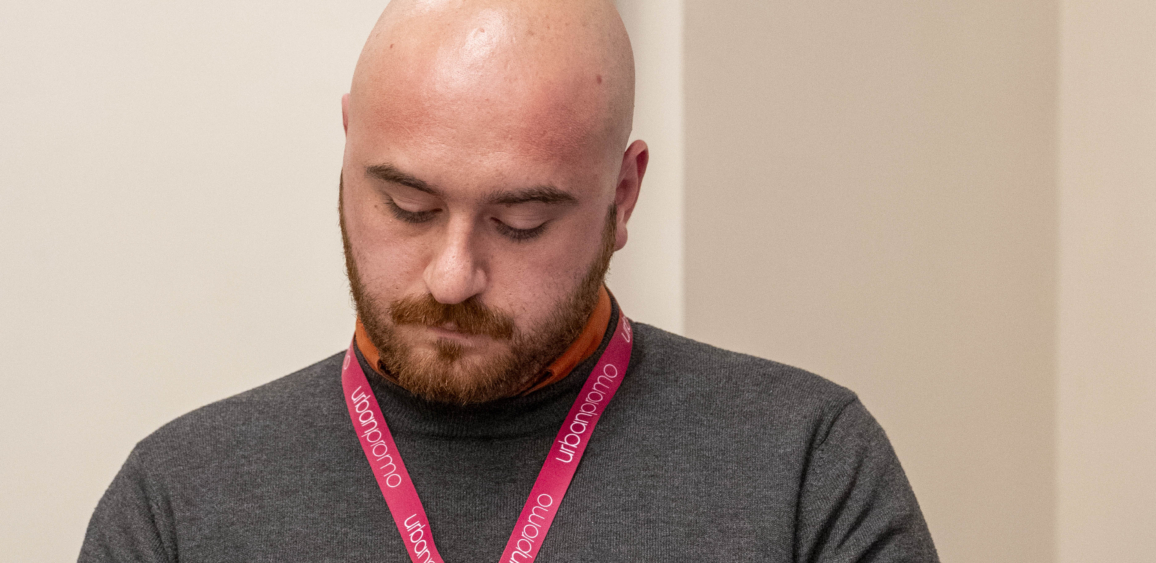
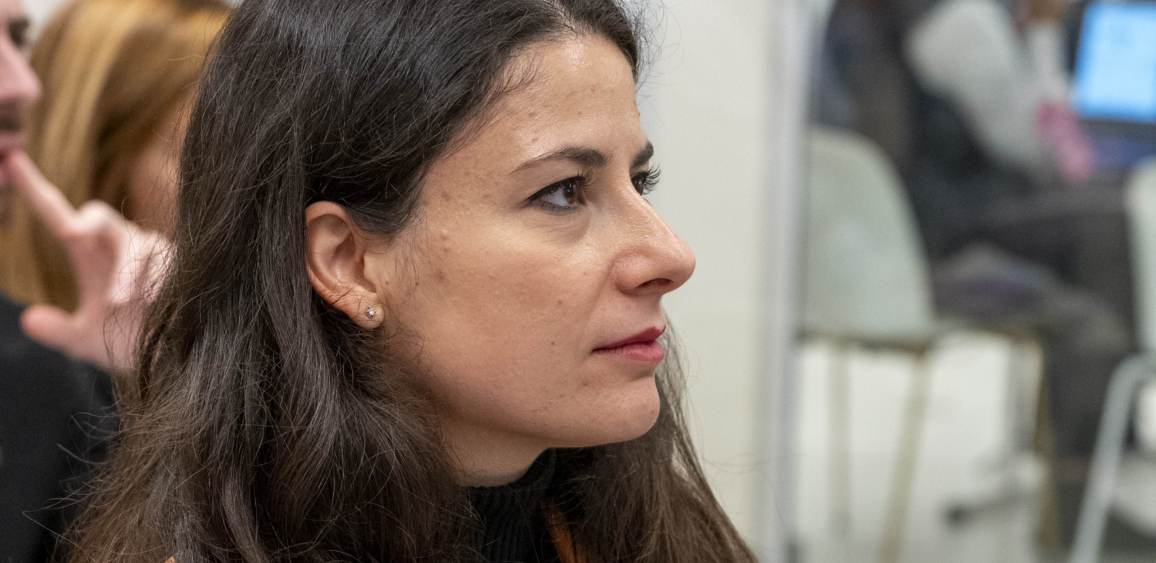
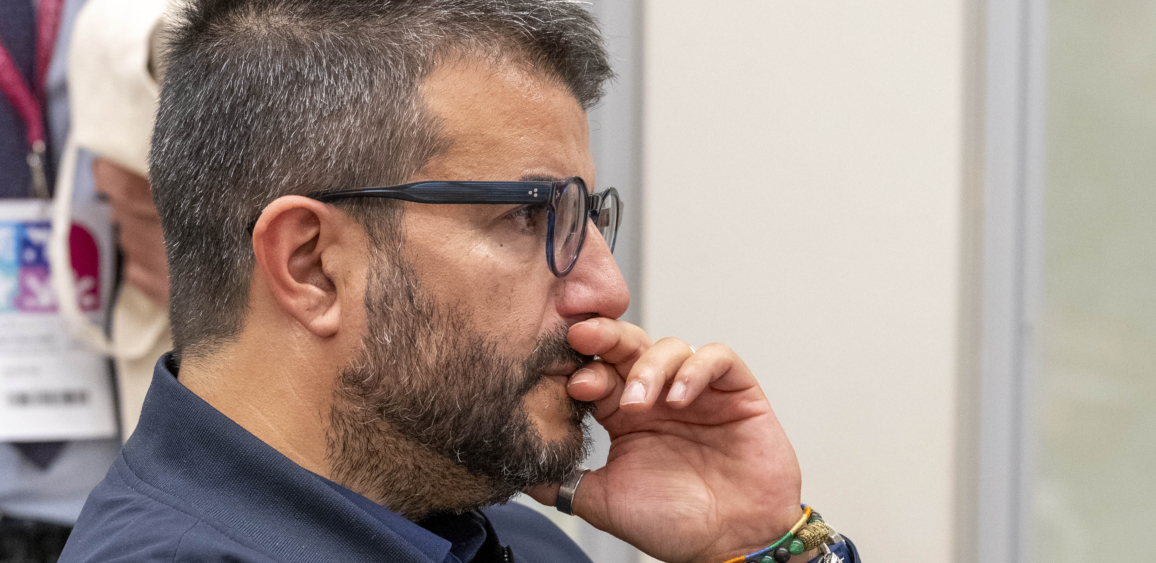
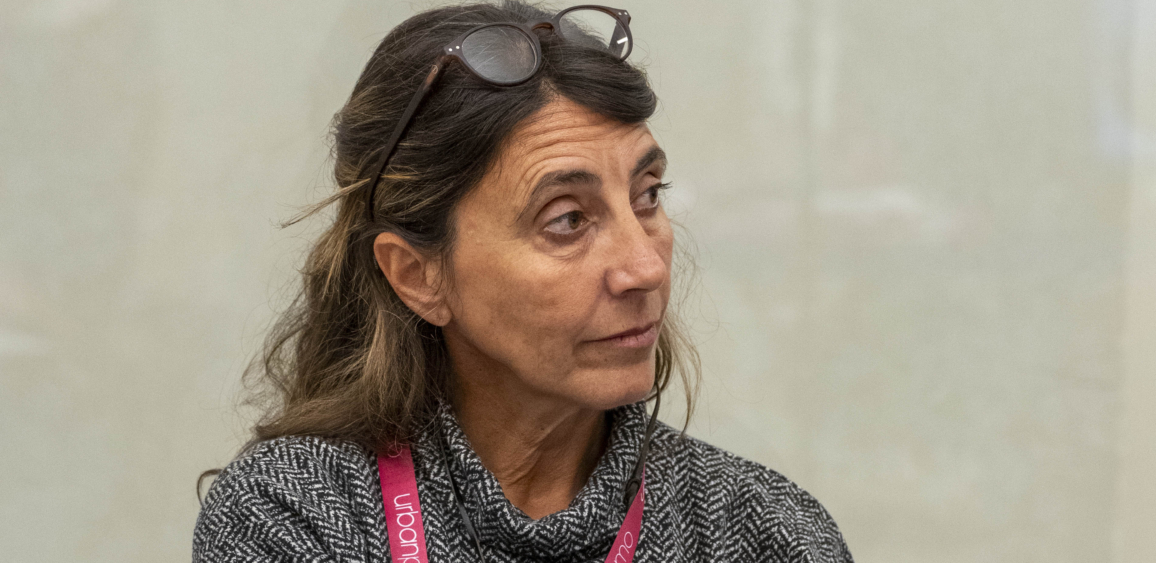
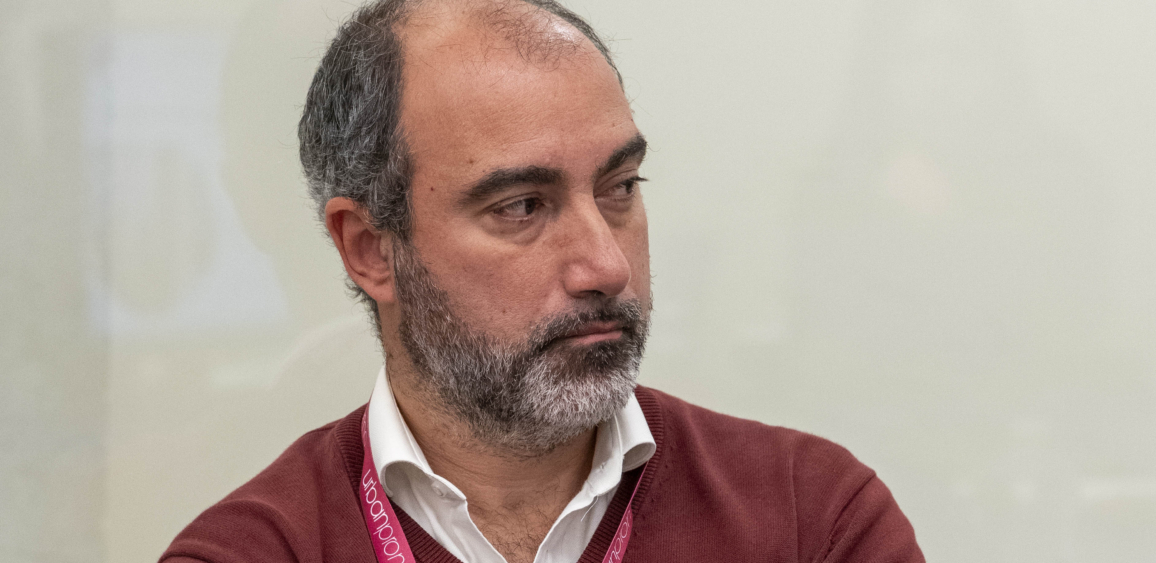
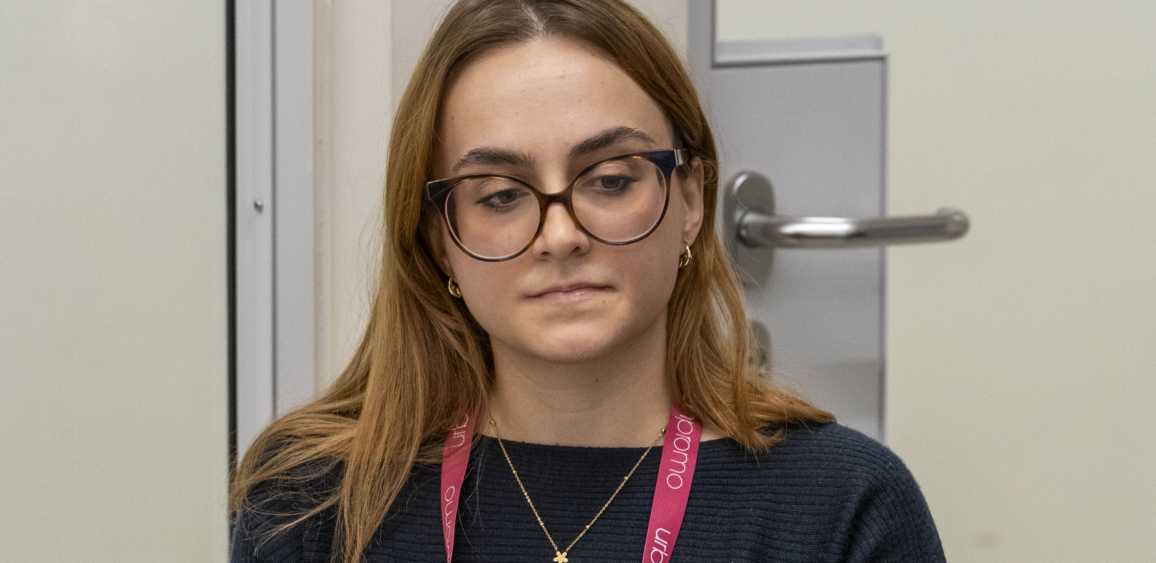
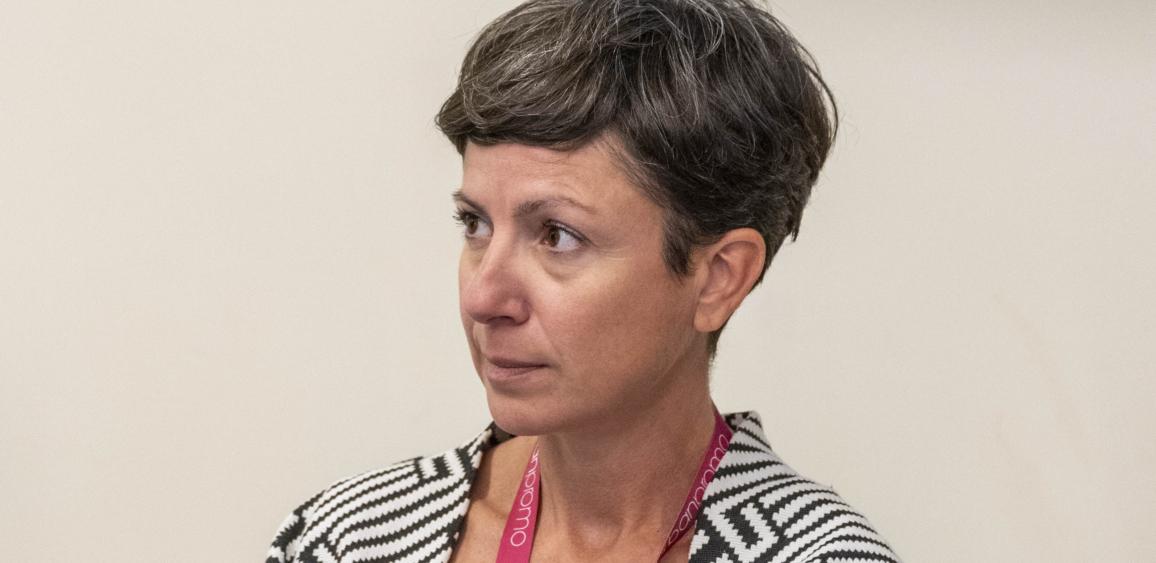
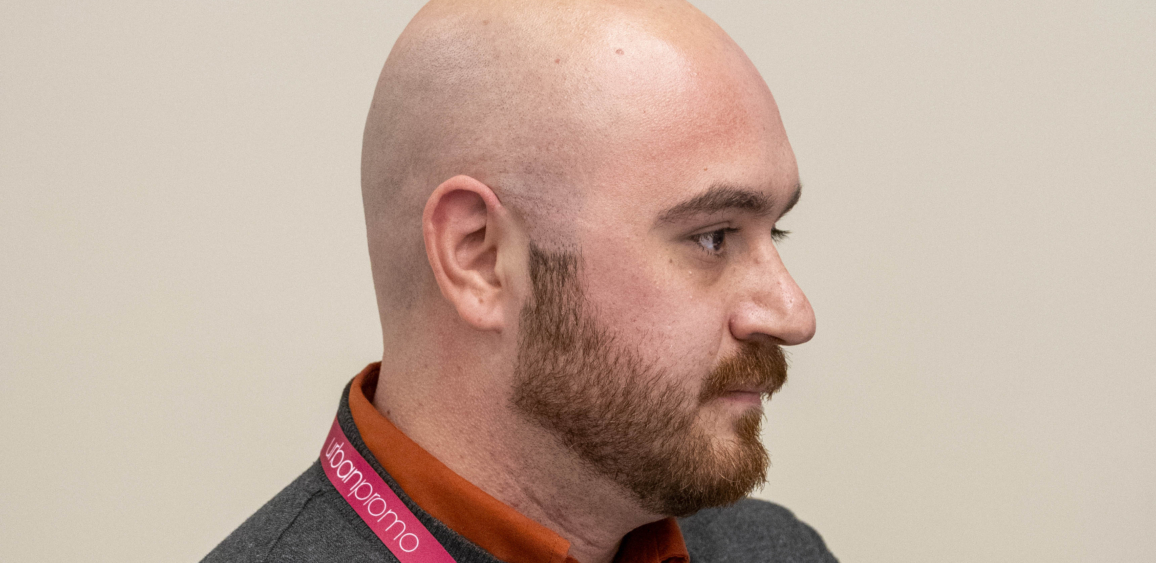
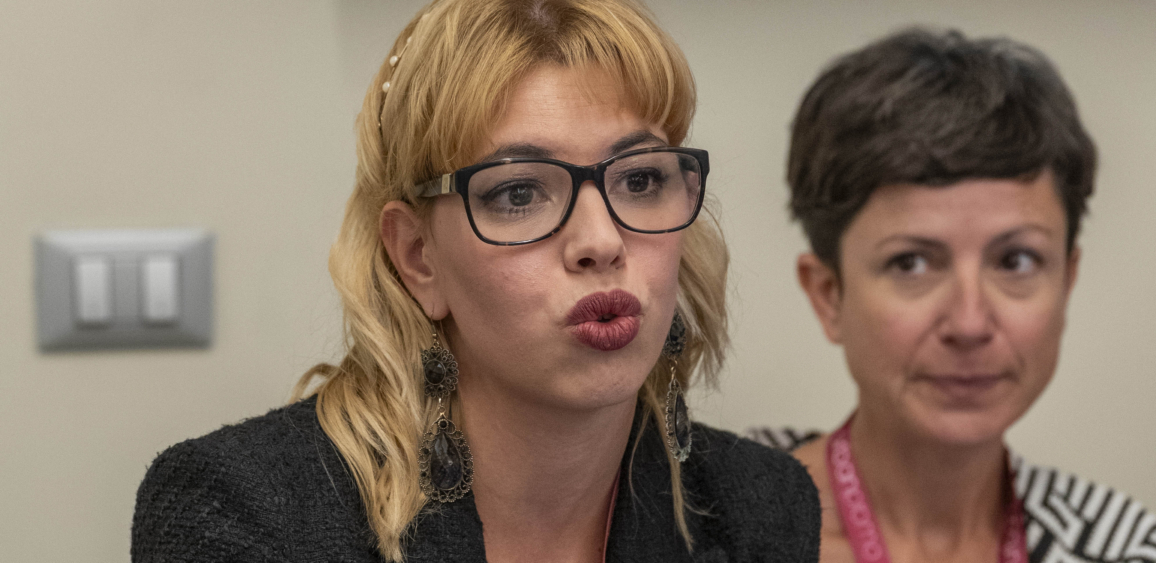

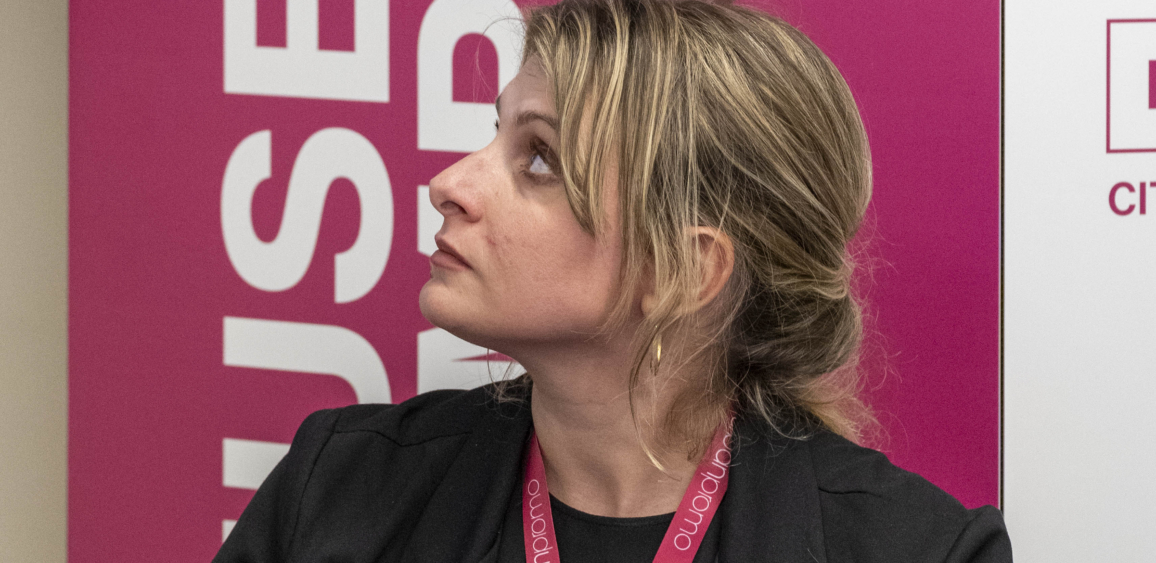
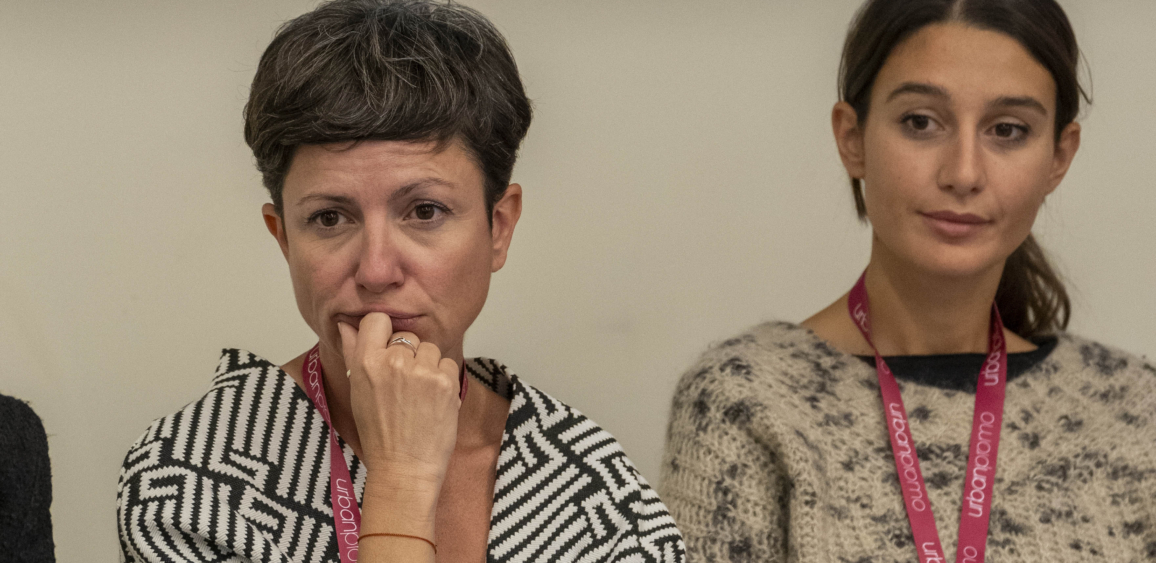
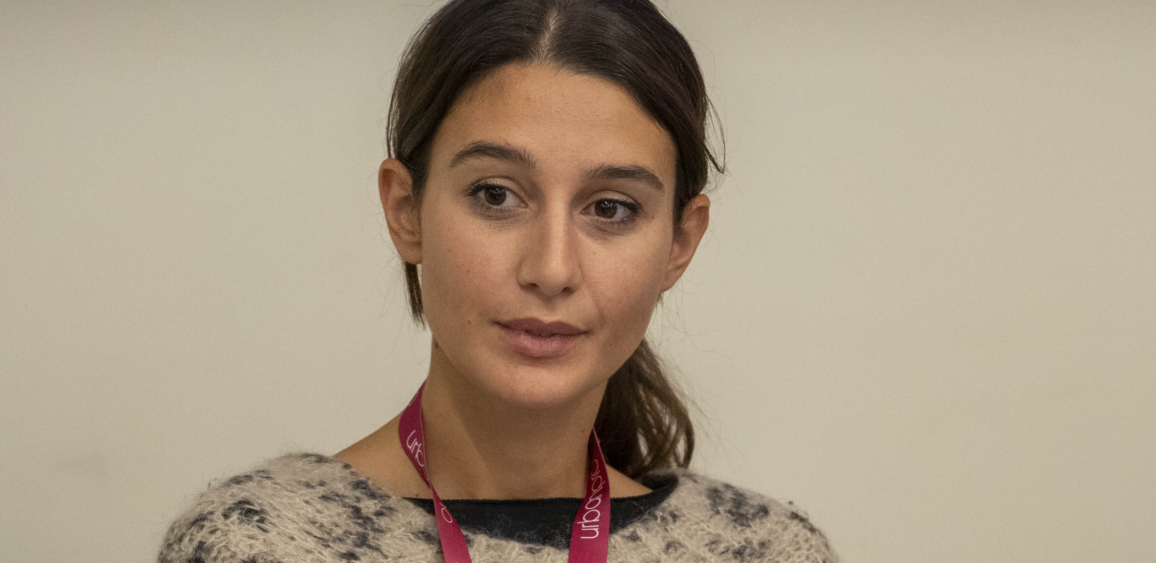
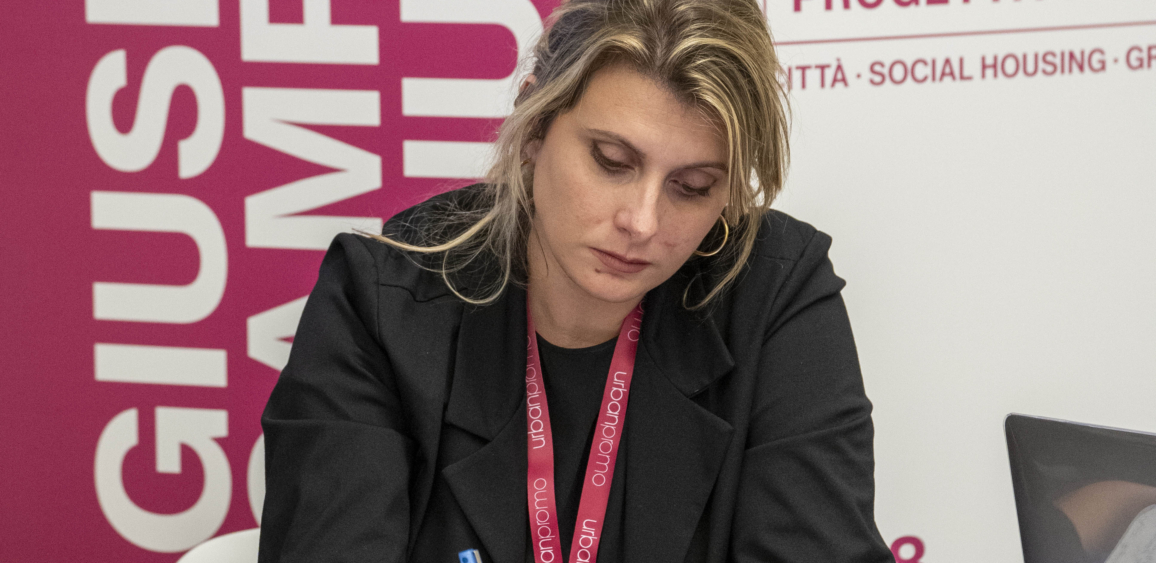
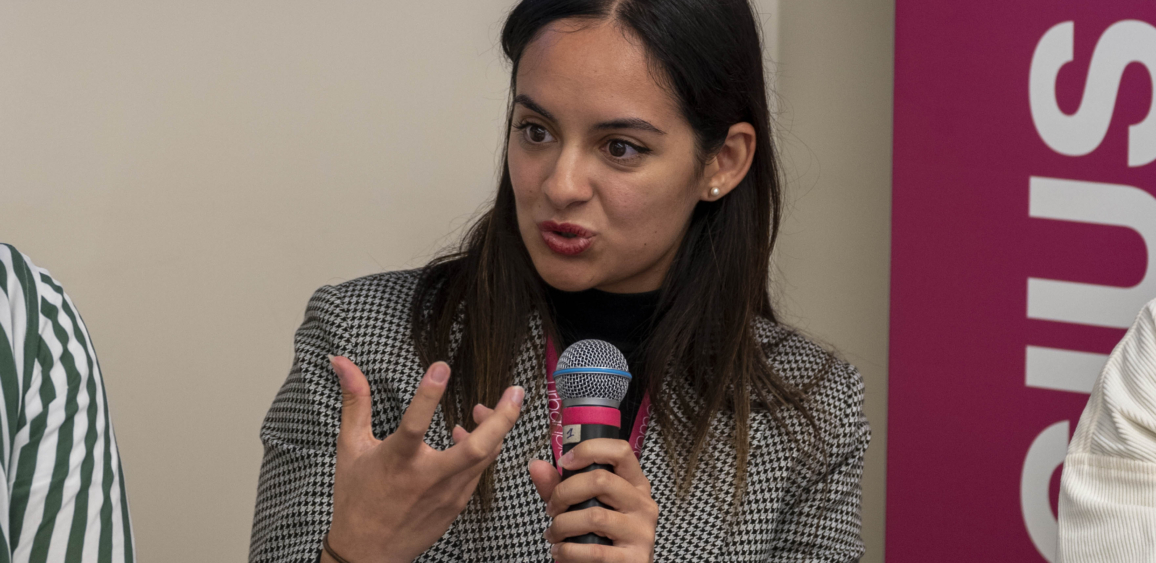
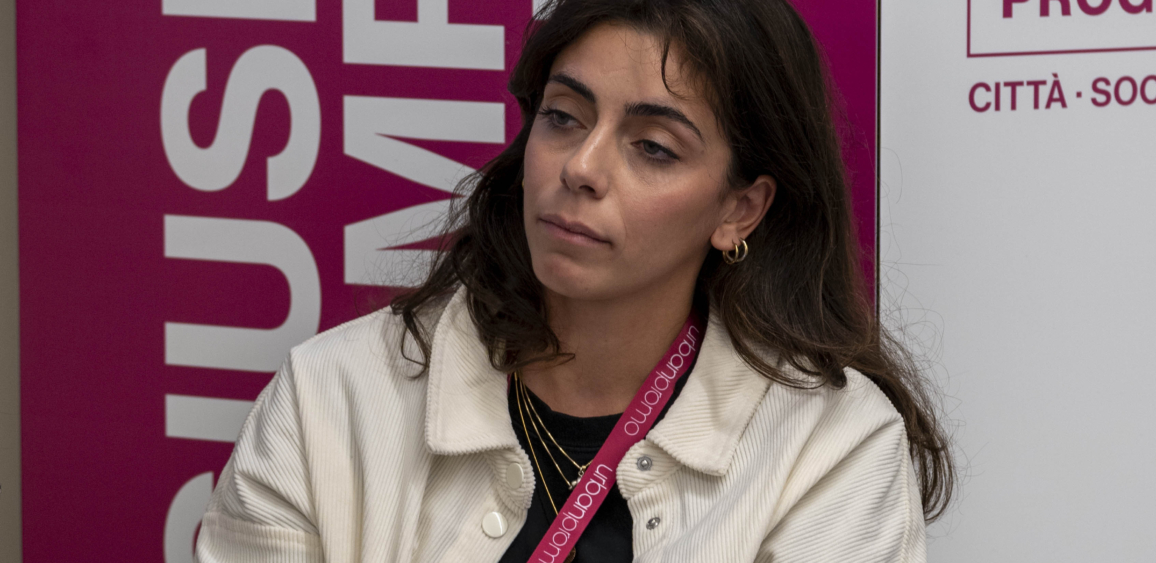
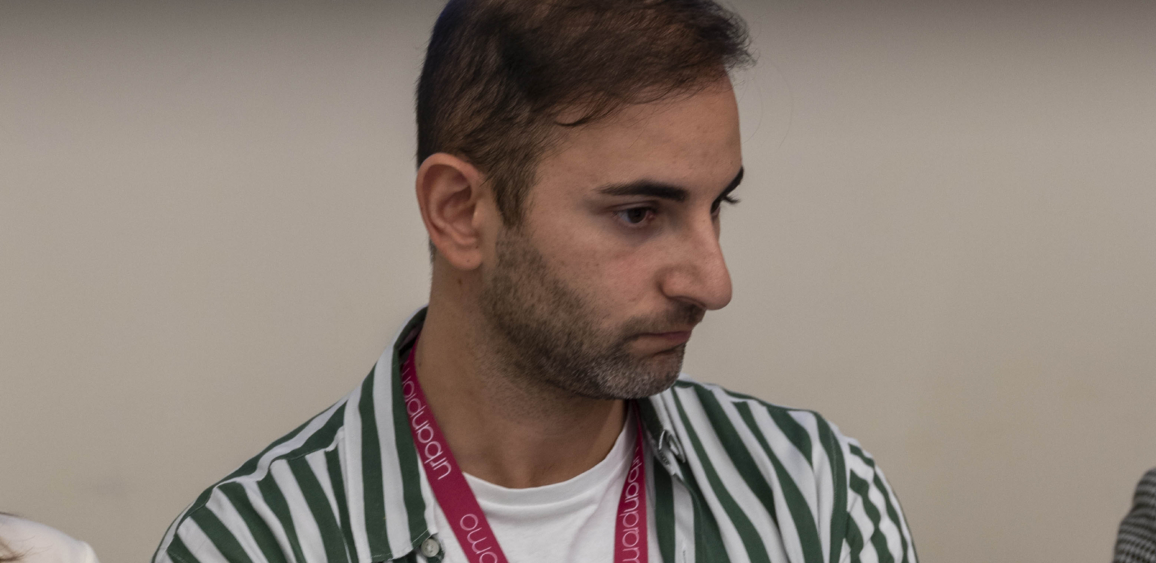
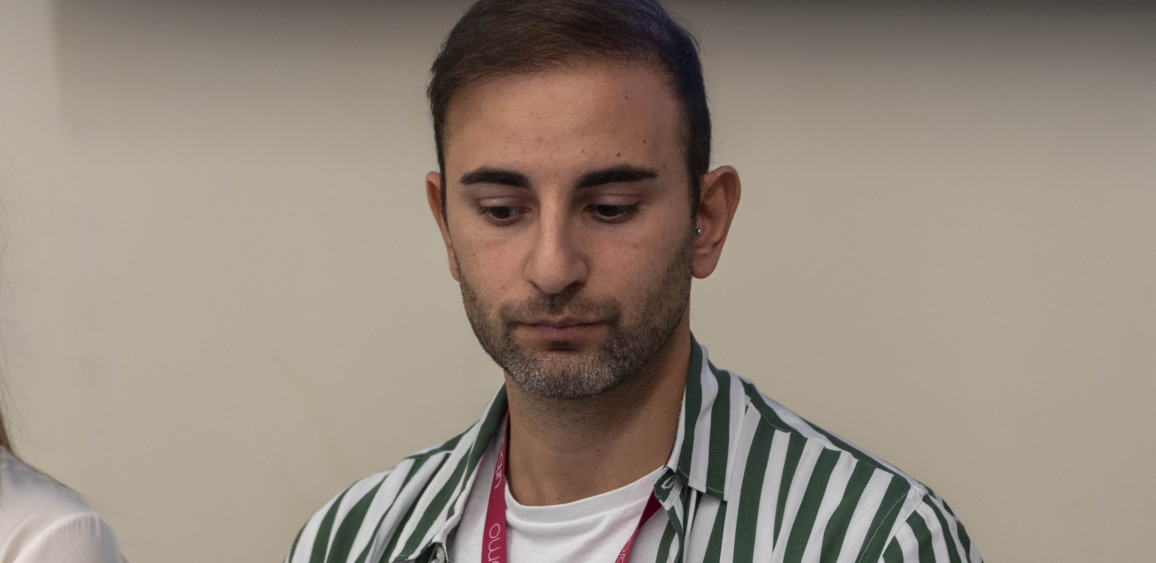
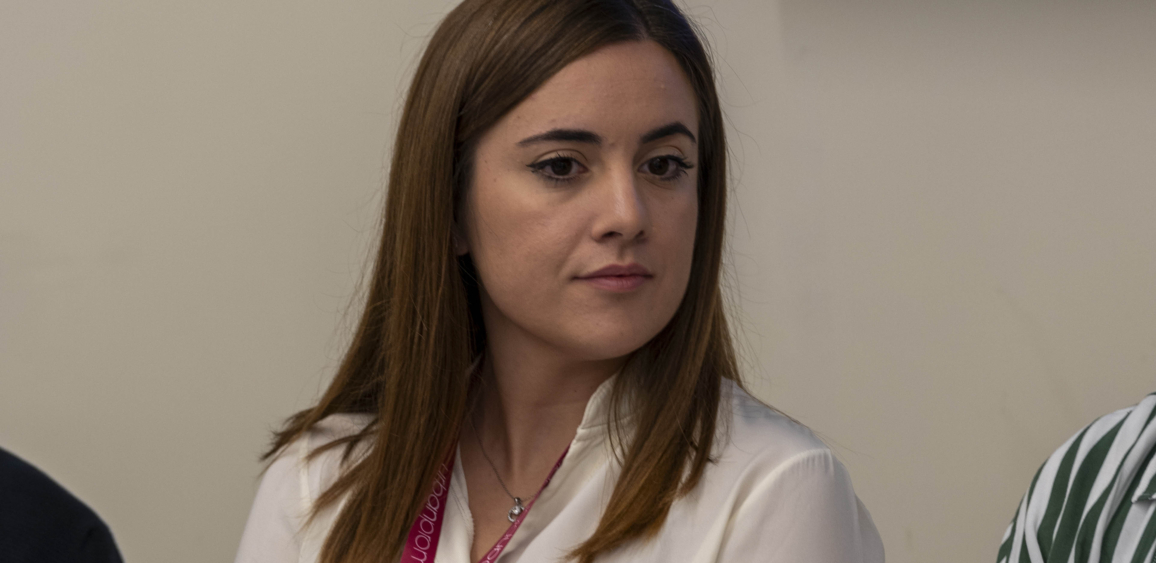
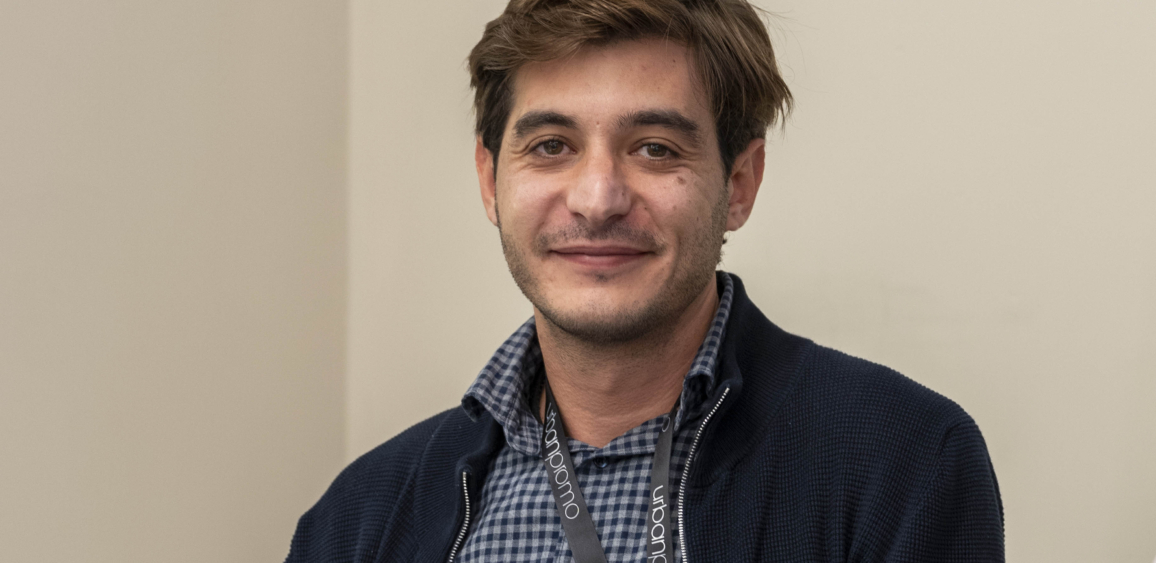
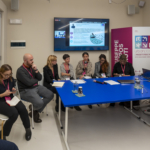
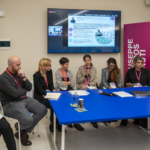
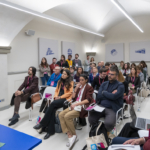
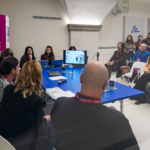
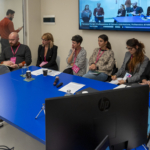
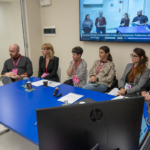
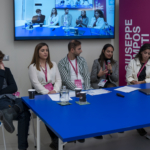

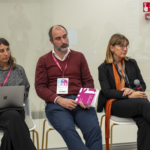
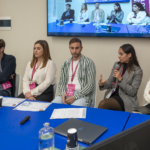
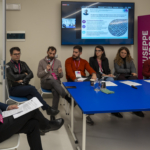

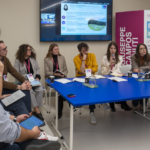
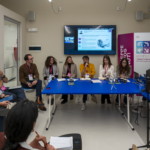
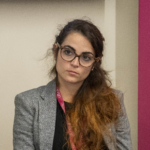
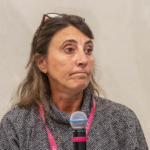
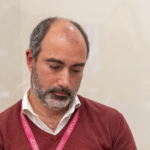
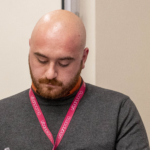
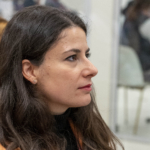
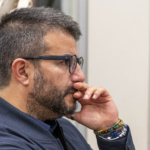
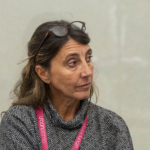
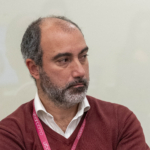
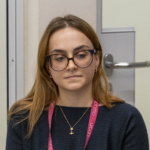
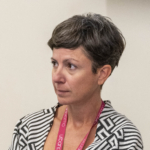
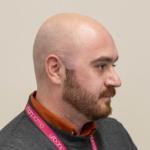
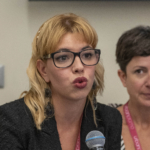
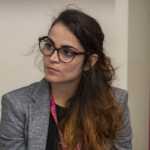
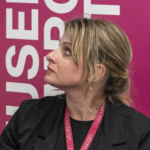
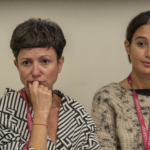
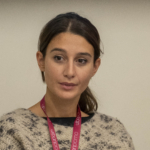
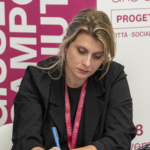
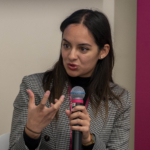
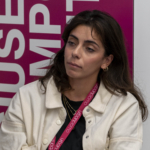
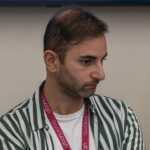
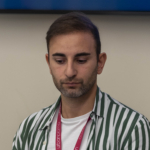
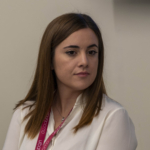
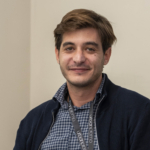
Contributions